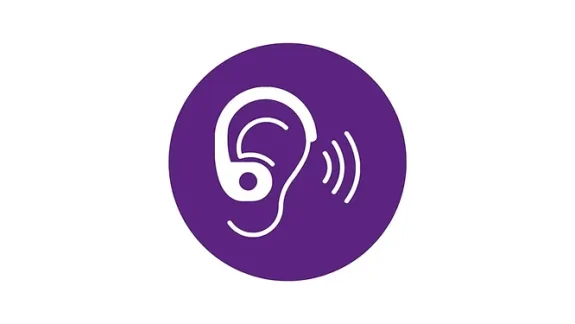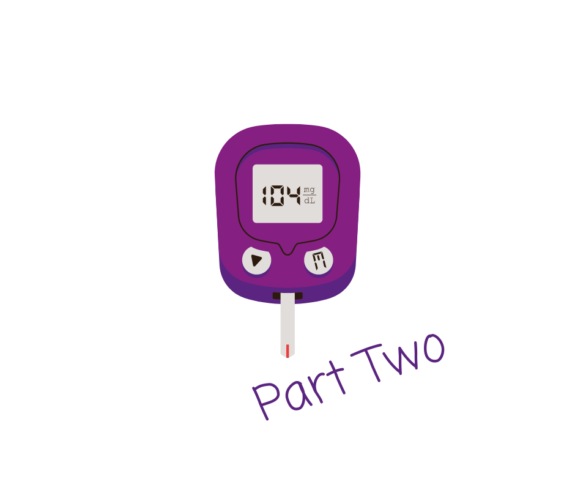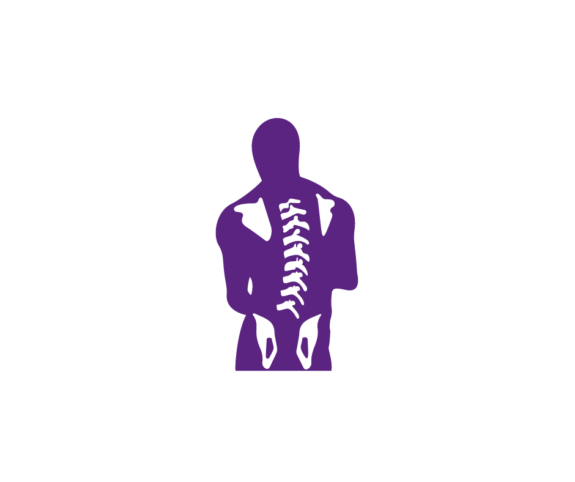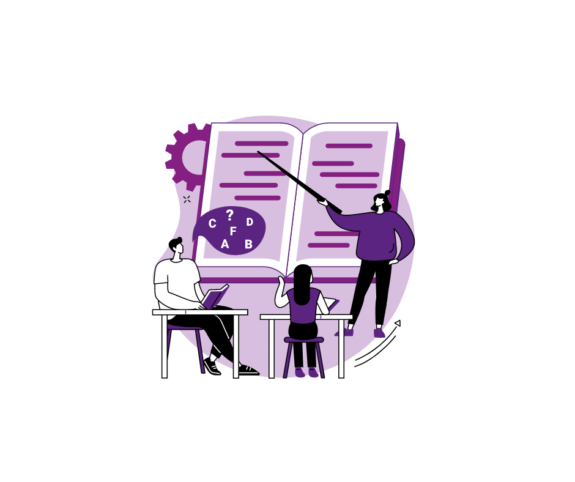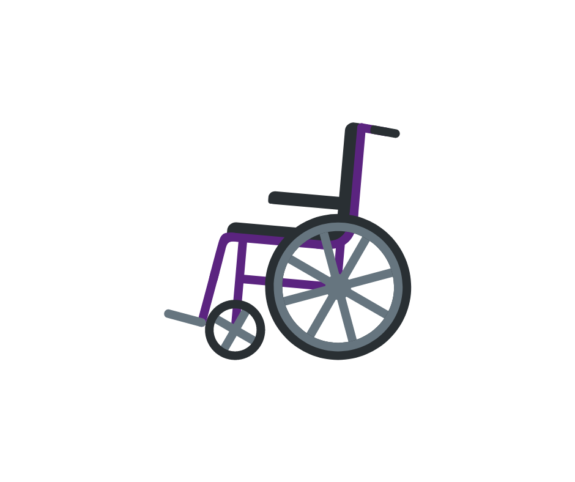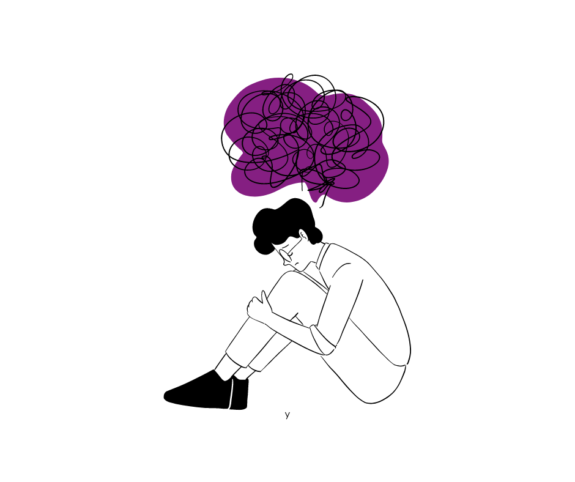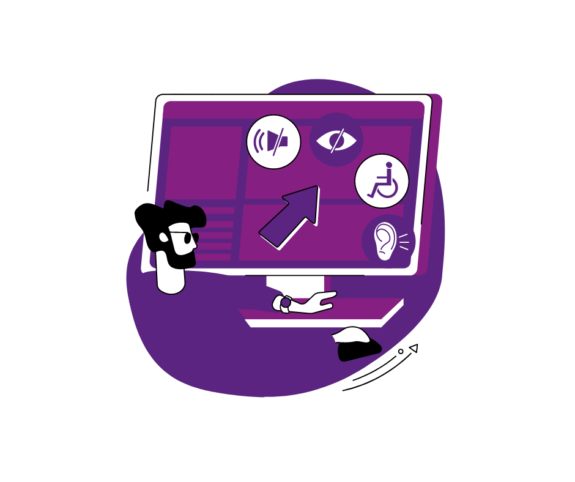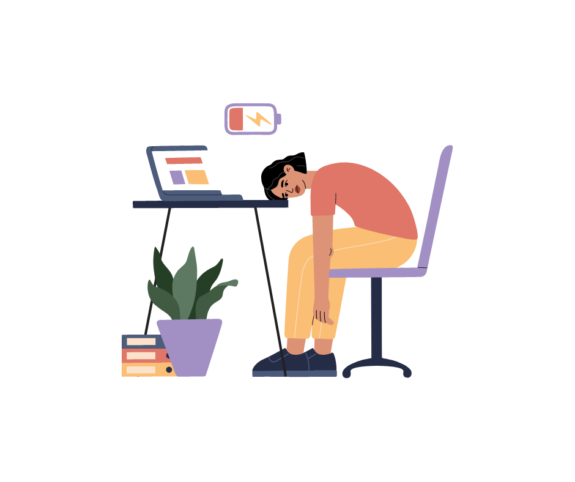which roughly equates to about 1 in 6 people. It’s estimated that by the year 2035 that number will have increased to over 15 million. With such a large number of people being affected (along with some of our clients), we decided to take a closer look.
Deafness and Hearing Loss. What’s the difference?
There are a few different levels of hearing loss and it is important to note them because it can range from being a mild irritant to a profound disability that can have a massive effect on people’s lives.
Hearing Loss: When your ability to hear the same sounds as other people is reduced.
Deafness: When a person is unable to understand speech through their own hearing even if the sound is amplified.
Profound Deafness: When a person has a complete inability to hear and is unable to detect sound at all.
There are also different types of hearing loss:
Conductive Hearing Loss, which can be caused by damage to the eardrum, an infection or something as simple as a build-up of earwax. This prevents the sound vibrations from passing to the inner ear from the outer ear.
Sensorineural Hearing Loss, which is caused by a dysfunction of the inner ear, the cochlea, the auditory nerve or from brain damage. It can occur from congenital deformities, inner ear infections, head trauma or long-term exposure to loud noises.
Mixed Hearing Loss, which is a combination of both.
Central Hearing Loss, which is when the inner ear works correctly but there are parts of the brain that are not.
Language around Deafness
As with any other medical condition, there are varying degrees and therefore, different ways of describing it. These terms are the most generally accepted:
Hard of Hearing: Describes those who have lost some but not all of their hearing.
Acquired Hearing Loss: People who were born able to hear but have lost some or all of the ability.
Deafened: People born with hearing but have lost most or all of the ability late in life for any reason.
Congenital Hearing Loss: People who are born with some level of hearing loss which gets progressively worse as they age.
deaf: Describes those who may have been born deaf or have become deaf.
If you’re unsure of what language to use, you could always just ask the person how they like to be referred to.
What causes Deafness?
There are many different reasons that a person can be either completely deaf or hard of hearing.
-
Old age: As we age, our bodies start to deteriorate. We find ourselves needing reading glasses or having to turn the television up a little bit more. It’s estimated that of the 12 million people who are deaf or hard of hearing, at least 8 million are aged 60 or over
-
Infection: Things like meningitis, mumps, syphilis, Lyme disease and certain cancers can cause hearing loss.
-
Head Trauma: Damage to the brain, the ear or the nerves can sometimes affect the hearing.
-
Genetic Factors: Problems during pregnancy or hereditary issues can cause deafness or hearing loss.
-
Long-term noise exposure: Listening to loud music or being in environments where loud noises are can cause problems in the long term by damaging the hairs that send the sound vibrations through the ear.
Is there a way to treat deafness?
Depending on what the cause is will determine the correct treatment. Deafness generally isn’t reversible but there are certain things that can be done to potentially improve the quality of the hearing, whether that be surgically or by the use of an aid.
Hearing aids are used most commonly but are only effective for those who still have some hearing. For those with complete hearing loss, they are ineffective. They are also underused. Whether that’s due to being unable to access them or not wanting to use them, it’s unclear but of the approximately 6.7 million people able to use them in the UK, only 2 million do.
Cochlear Implants can be used if the problem does not lie in the eardrum or the inner ear. It is surgically inserted behind the ear to help stimulate hearing. There are many people who are opposed to these however as they can completely destroy any remnants of hearing that are left.
Sign Language & Lip Reading, while not a treatment is often very effective as a means of communication if the hearing aids or implants are not suitable. There are some deaf people who also have speech problems and use sign language to communicate with people.
Each country usually has their own version of sign language, even amongst those that speak the same language. For example, British Sign Language (BSL) is different to American Sign Language (ASL) because BSL uses a two-handed alphabet and ASL uses a one-handed alphabet.
What is it like for a deaf person in a hearing world?
As deafness is a hidden disability, it can be challenging for people with hearing loss to navigate the wider world. While there are certain accommodations such as closed-loop hearing systems and interpreters (if needed), these are not necessarily widely available. The wearing of masks caused a lot of problems for those who relied on lip reading prompting the creation of masks with a transparent cut-outs, but these were not widely used.
Deafness and BSL have been quite prominent in the media lately with Rose Ayling-Ellis’ appearance on Strictly Come Dancing. She hopes that by seeing that, people’s perceptions and understanding have changed and society will become more inclusive and it certainly seems that it might, as more and more people are signing up to learn BSL, which can only be a good thing!
If you’d like to know more about deafness, then check out these resources below!
https://www.nhs.uk/conditions/hearing-loss/
https://www.nhs.uk/conditions/hearing-aids-and-implants/
https://rnid.org.uk/about-us/research-and-policy/facts-and-figures/
https://www.hearinglink.org/your-hearing/about-hearing/facts-about-deafness-hearing-loss/
https://www.medicalnewstoday.com/articles/249285#prevention
https://www.who.int/news-room/fact-sheets/detail/deafness-and-hearing-loss
https://actiondeafness.org.uk/resources/
https://kidshealth.org/en/kids/hearing-impairment.html
https://www.mayoclinic.org/diseases-conditions/hearing-loss/symptoms-causes/syc-20373072
https://bda.org.uk/history/what-we-stand-for/
https://deafunity.org/article_interview/8-famous-deaf-people-who-changed-the-world/
https://inews.co.uk/topic/deafness
https://www.ndcs.org.uk/deaf-awareness-week/
